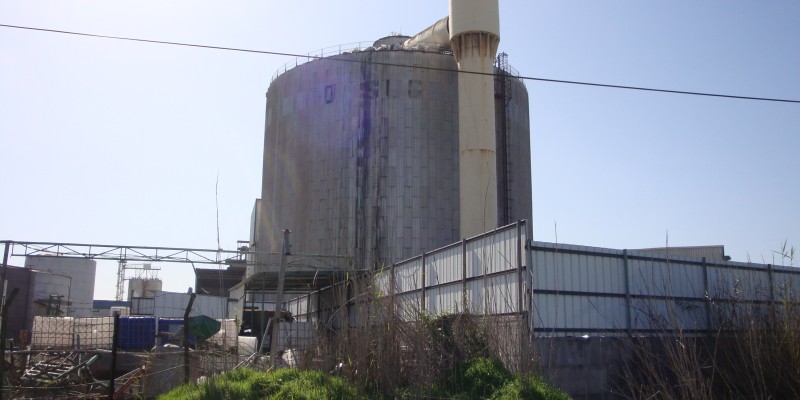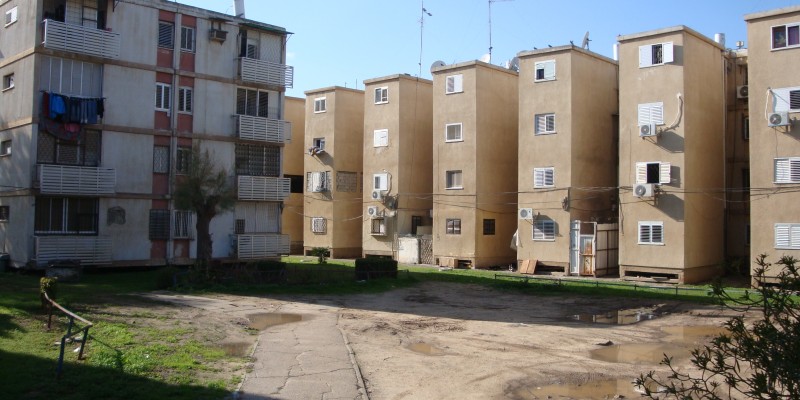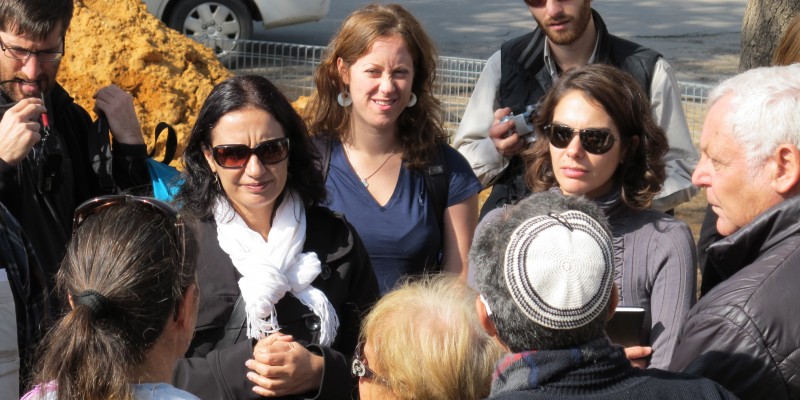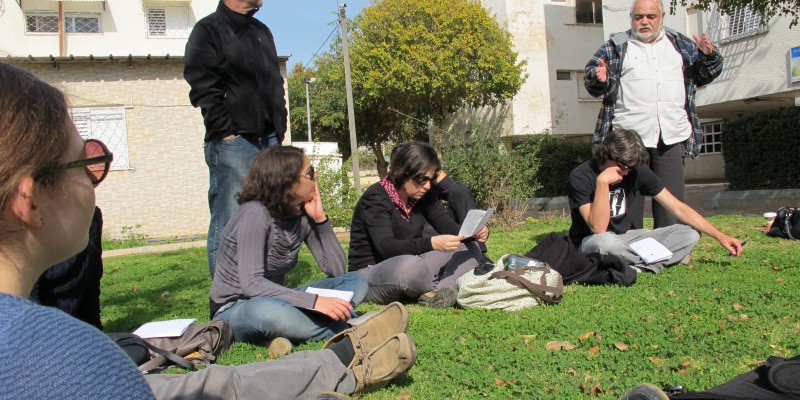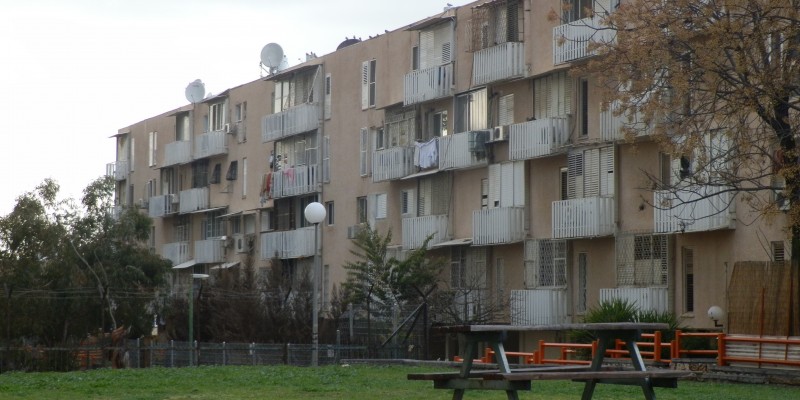Israel’s urban communities are facing demographic and environmental changes typical of many advanced and developing nations. A rapidly aging population and changing social patterns have led to the depopulation, stigmatization, and neglect of many of Israel’s New Towns. Such developments highlight the relative inflexibility of the New Town form. Like many governments in Western Europe, the Israeli government has launched policies to solve the problems of distressed neighborhoods, the most prominent of which are “demolition and redevelopment” (Pinui Binui) and “densification and redevelopment” (Ibui Binui). The idea behind these strategies is to create non-government-mandated market conditions that foster expansion of development initiatives and physical expansion of construction projects. However, the current strategies have many limitations, and it is clear that new strategies need to be initiated, particularly for neighborhoods with a majority of low-income families and low land values that do not attract for-profit developers.
Considering the challenges and dilemmas described above, the purpose of this project is to develop an ongoing research collaboration between LCUD at Tel-Aviv University (TAU) and the Massachusetts Institute of Technology (MIT) School of Architecture and Planning to envision, plan, and design prototypical sustainable residential communities for Israel by 2025.
The project’s goals are:
- To develop a collaborative framework that includes developing both cutting edge research and new methods of teaching in the field of urban design and development.
- To advance the technologies and practices of sustainable residential communities.
- To design and develop a community housing research project that strives for “zero net energy”, carbon neutral, ecologically responsive development and that also incorporates information technologies to enhance “live-ability” and self reliance for the occupants.
- To develop new economic and technological applications for prototypical sustainable residential developments.

